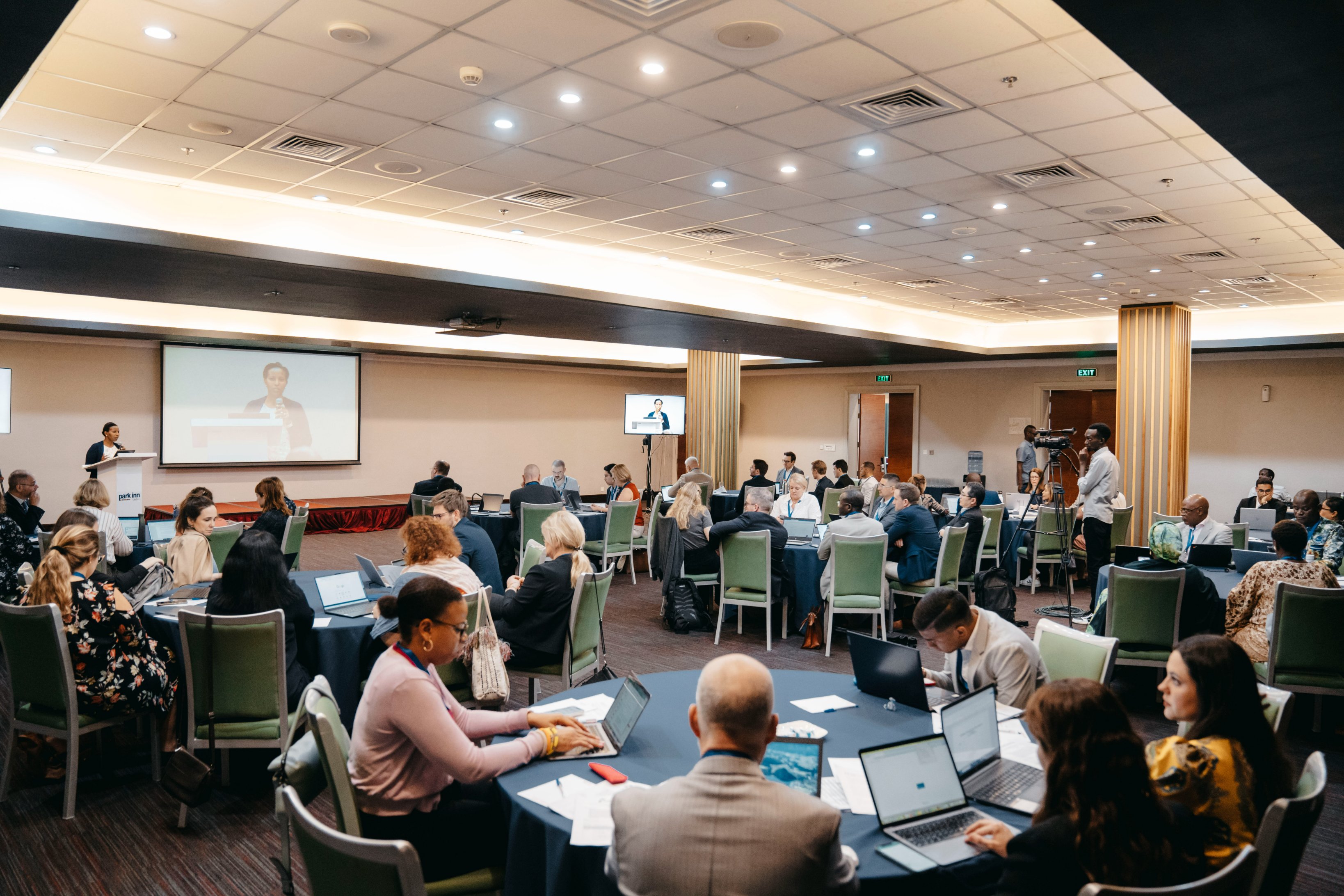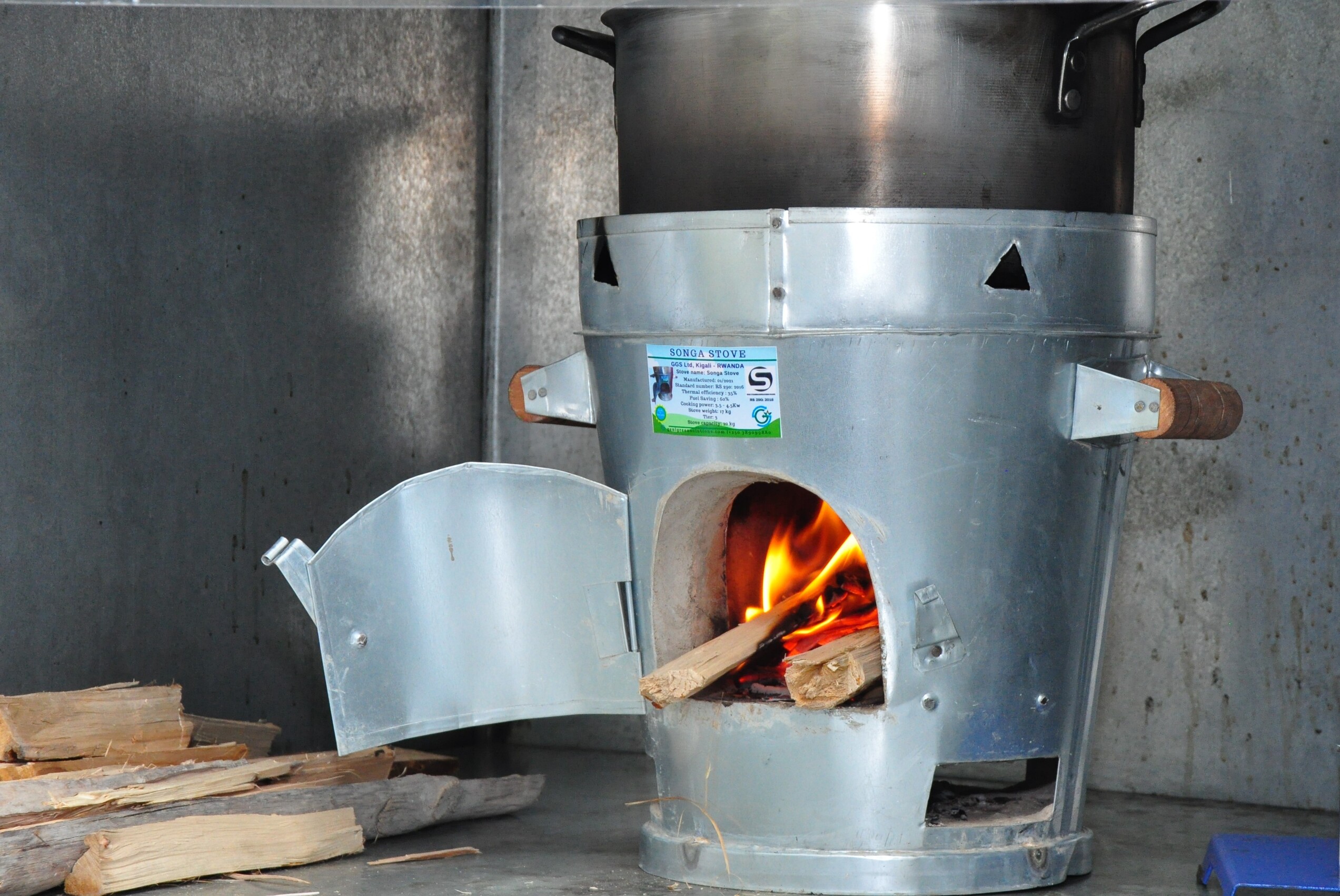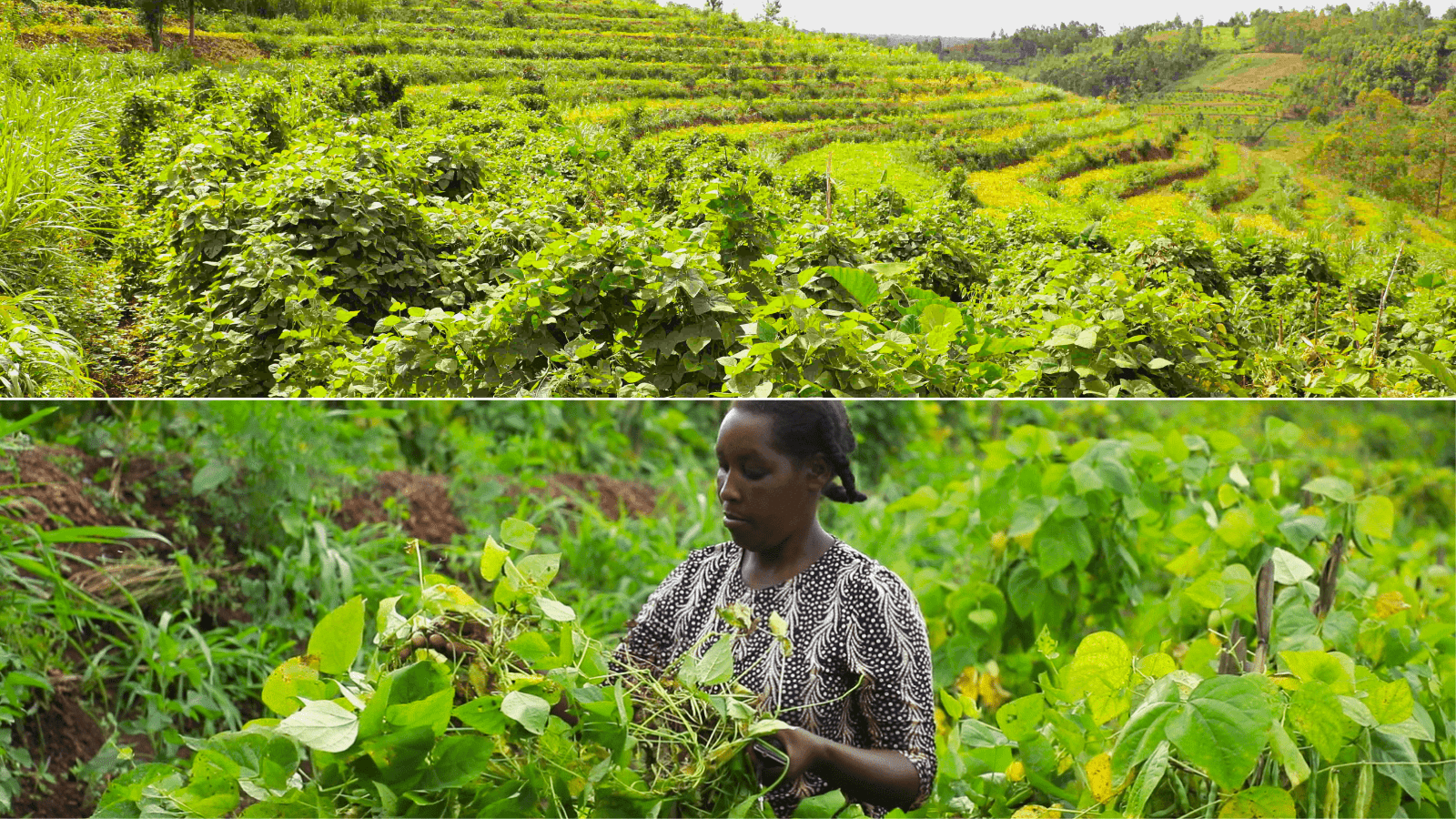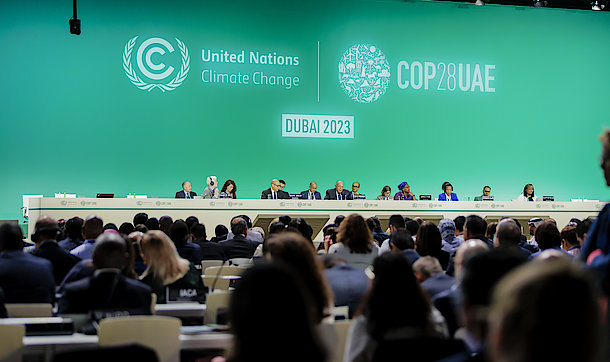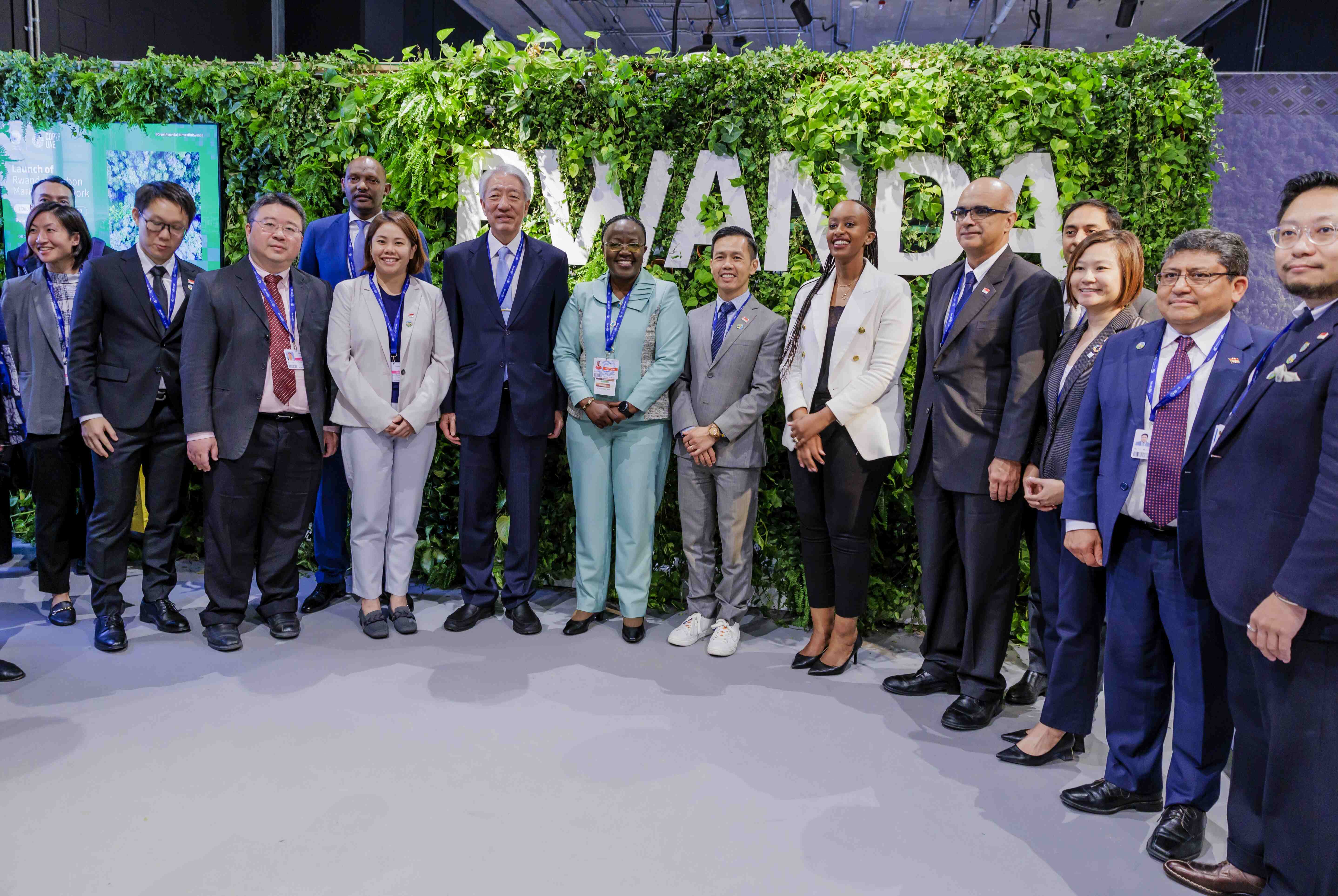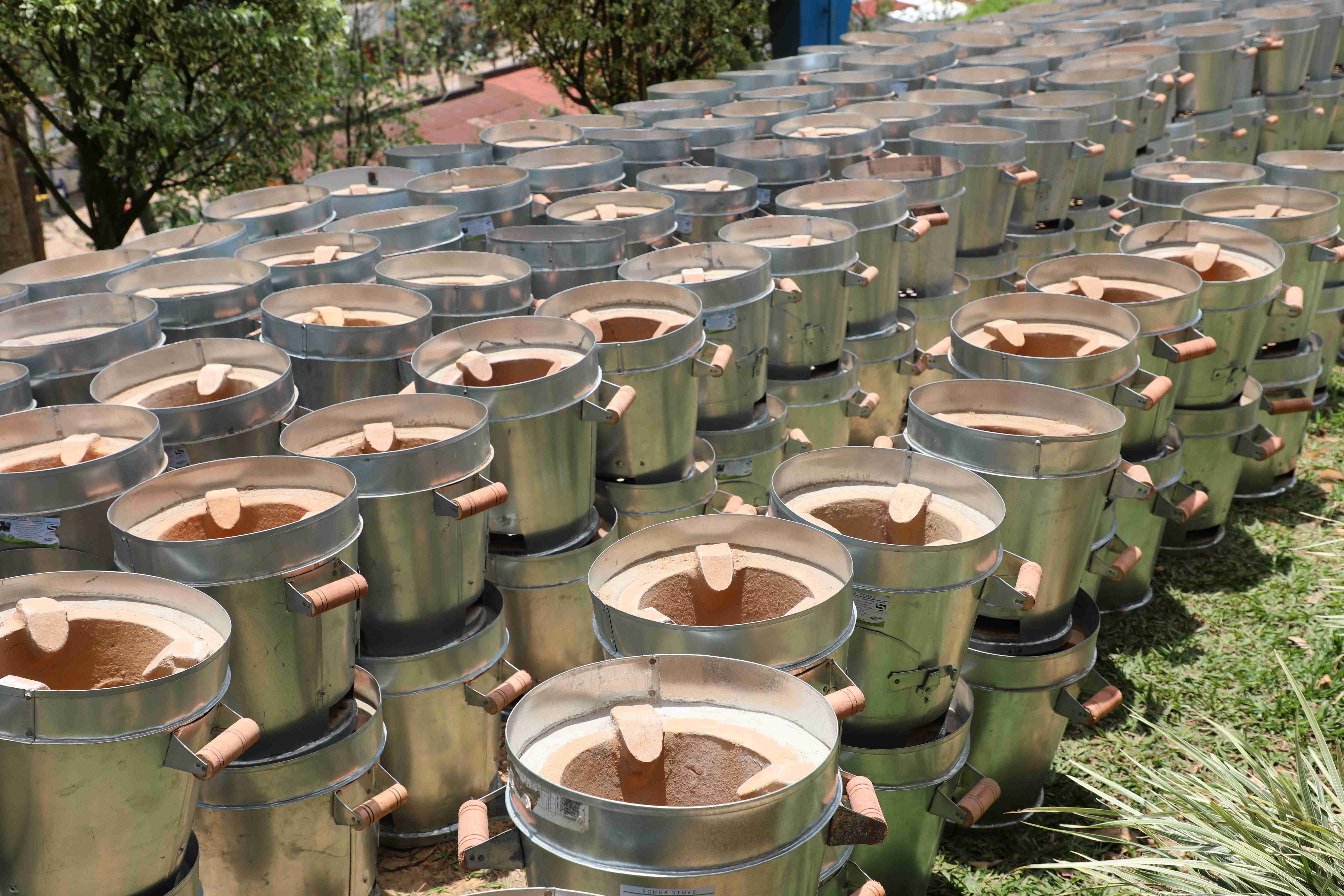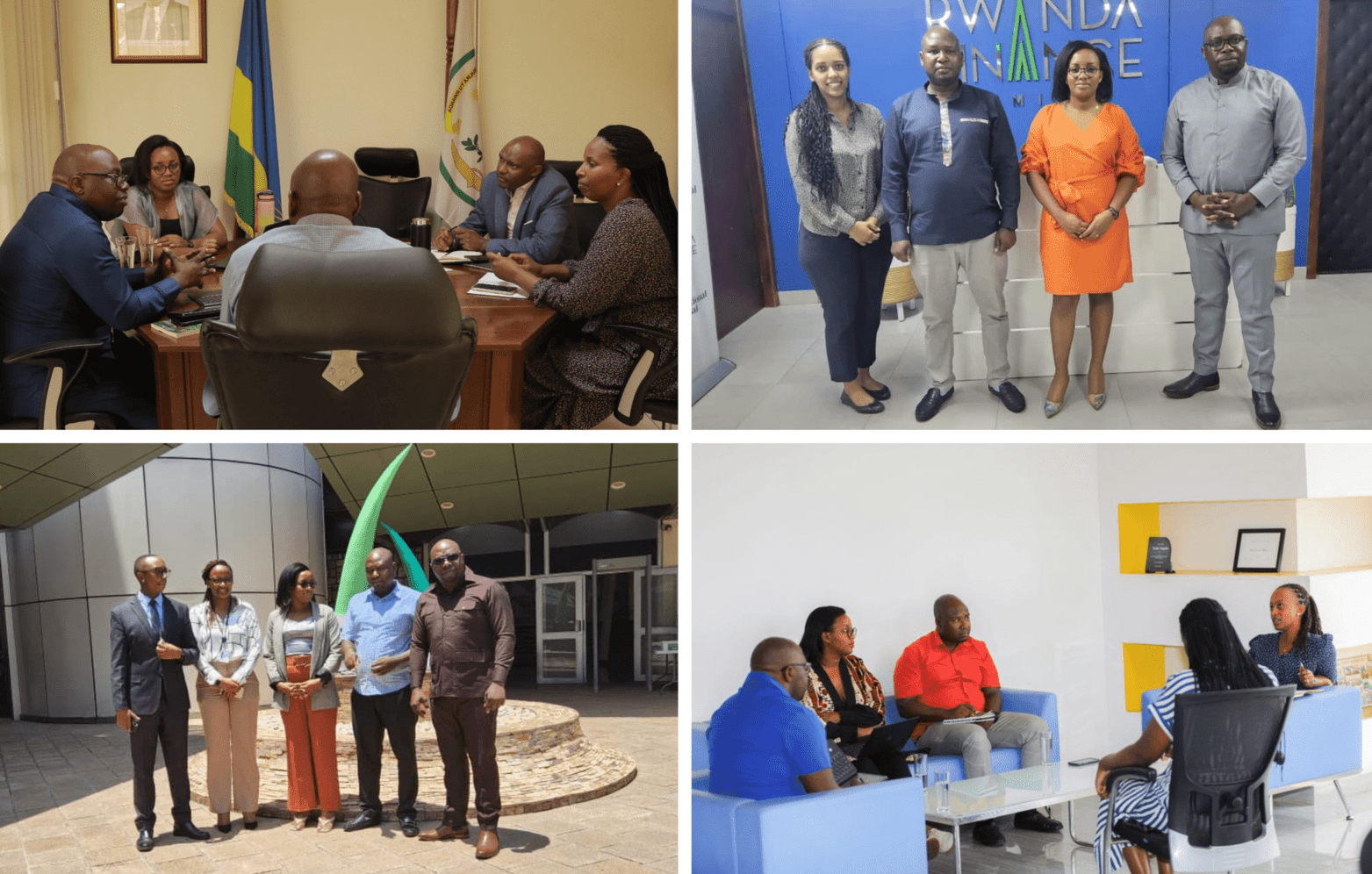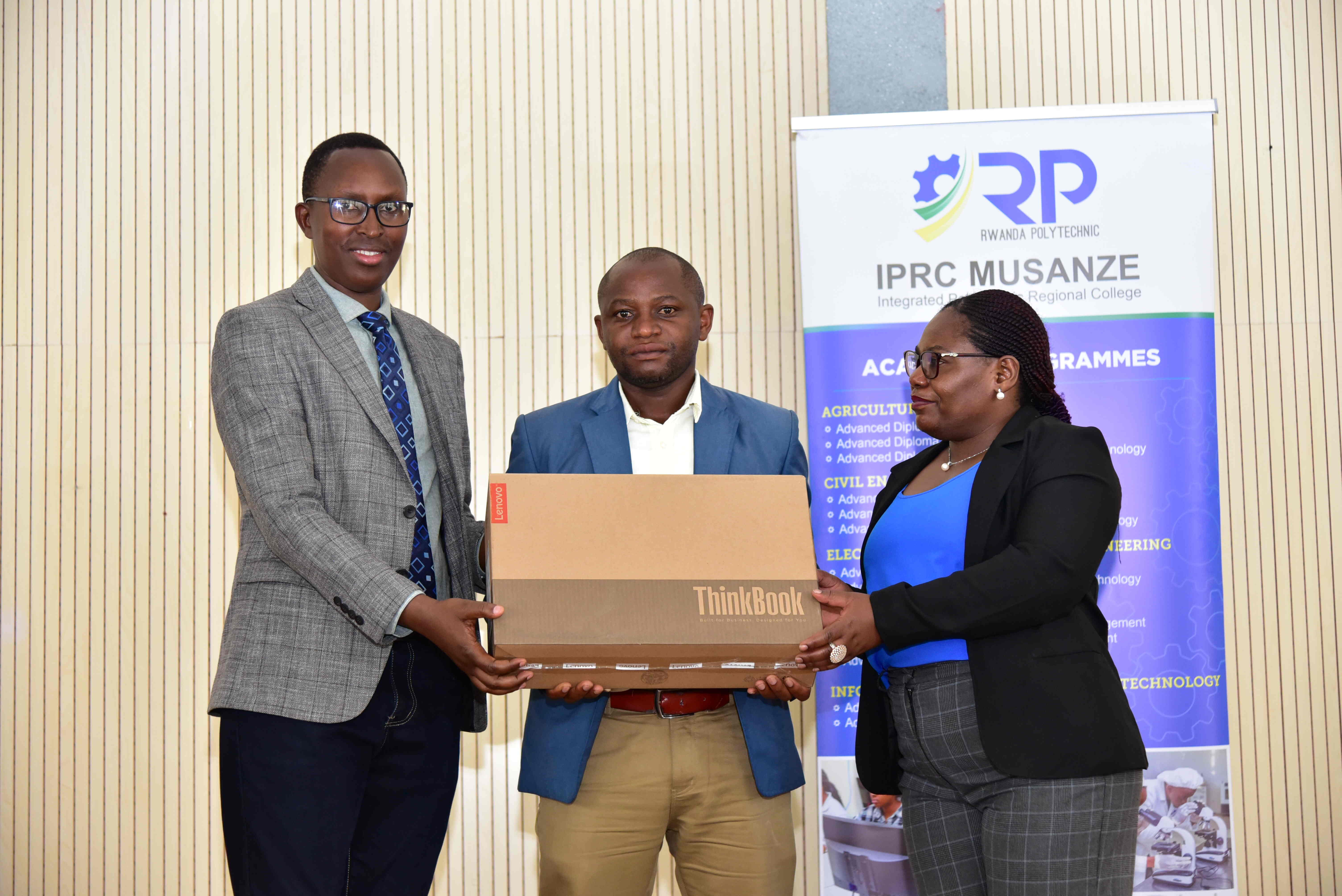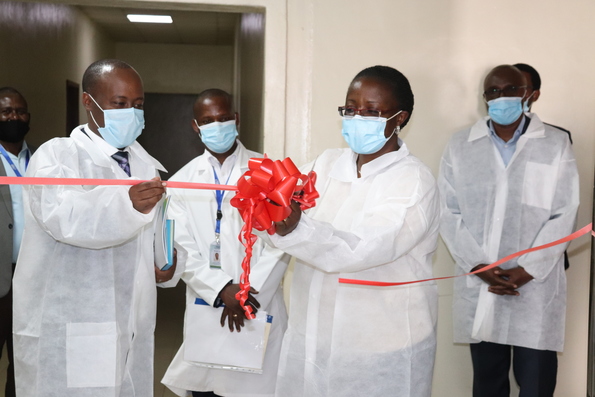
Rwanda launches the first ever cook stove testing laboratory
The Gouvernement of Rwanda has launched a cook stove testing laboratory which will also be used for testing of other aspects of renewable energies.
The cook stove testing laboratory was launched in the celebrations of the World Standards Day celebrated every year, on 14th October, to pay honour to the joint efforts of the numerous experts across the world that voluntarily develop the technical agreements, that are issued as international, regional or national standards.
Rwanda Environment Management Authority (REMA) in collaboration with Rwanda Standards Board and partners including the World Bank and the Nordic Development Fund (NDF) supported the installation of the cook stove testing laboratory, under the project entitled “Improving the efficiency and sustainability of charcoal and woodfuel value chains (NDF)’’ implemented by REMA.
Nearly 2.5 billion people around the world currently use an open fire or traditional cookstove to prepare their meals. For these families, cooking poses serious risks to health, safety, and income.
Close to 4 million people, primarily women and children, die prematurely each year from indoor and outdoor exposure to the harmful emissions released by solid fuel combustion, according to statistics of the World Health Organisation.
“We all know that the use of traditional stoves can also have a significant impact on deforestation and climate change. This alarming situation creates a critical need for cook stoves that significantly and verifiably reduce fuel use and emissions, in order to reach protective levels for human health and environment and here we are now’’ said Honorable Minister of Environmemt Dr. Jeanne d’Arc Mujawamariya.
The launched cook stove testing laboratory cost more than 370,000 USD.
The Director General of Rwanda Standards Board, Raymond Murenzi said that the cook stove testing laboratory "is not only a solution to cookstove and deforestation problem, but also a solution to air pollution"
It is expected not only to contribute in minimizing the risks to health and safety, but also to contribute to sustainable environment protection and provide services covering regulators’ survey needs in biomass fuels use, conformity assessment of imported and locally manufactured cook stoves and calculation of emission factors.
Test methods and test parameters for the launched cook stove laboratory have been selected referring to existing international standards on cook stove. They include efficiency, emission (CO, CO2 release), Particulate matter (PM 2.5), Biomass fuel calorific values needed for stove efficiency tests and emission factor, among others.
“We have a number of expectations on this laboratory as we are looking forward to shift from traditional cook stove to modern cook stove able to reduce fuel use and emissions, in order to reach protective levels for human health as per National Strategy for Transformation (NST I) targets’’ concluded Dr. Mujawamariya.
Topics
More posts
Rwanda hosts a two-day workshop for Negotiators of the High Ambition Coalition to End Plastic Pollution
Rwanda has from 14th to 16th February hosted a two-day workshop for negotiators of the High Ambition Coalition to End Plastic Pollution (HAC). The…
LDCF3 Project’s Improved Cookstoves: A Dual Solution for Climate Change and Human Health
In a ground-breaking move towards sustainable living, the Rwanda Environment Management Authority (REMA) is making significant strides in the fight…
From reluctance to acceptance: The LDCF3 Project beneficiaries embraces terraces for agricultural transformation
The beneficiaries of the Ecosystem/Landscape Approach to Climate Proof the Rural Settlement Programme of Rwanda, also known as LDCF3 Project, who…
Rwanda welcomes historic COP28 decision to transition away from fossil fuels
The Government of Rwanda has welcomed the ground-breaking decision made at the 28th Conference of the Parties (COP28) to the United Nations Framework…
Rwanda launches Carbon Market Framework to advance Climate Action for a Sustainable Future
Rwanda has today launched its National Carbon Market Framework in a significant stride towards a greener and more sustainable future. The framework…
Over 45 professionals complete a capacity-building program in climate change analysis and reporting
Kigali, 17 November, 2023- Kigali, REMA, in collaboration with the African Institute for Mathematical Sciences in Rwanda(AIMS_Rwanda), celebrated the…
REMA’s LDCF3 Project distributes 5,000 improved cookstoves to beneficiaries to tackle climate change
The Rwanda Environment Management Authority distributes 5,000 improved cookstoves to beneficiaries of the Landscape Restoration Approach to Climate…
BIOFIN’s Technical Advisor on Environmental Finance visits Rwanda to foster stakeholder engagement
The Biodiversity Finance Initiative (BIOFIN)’s Technical Advisor on Environmental Finance for Africa, Mr. Bruno Mweemba recently visited Rwanda from…
World Ozone Day: REMA recognizes students and lecturers with technologies and eco-friendly cooling solutions
Rwanda in September 2023 joined the rest of the world to mark the World Ozone Day with the theme “Montreal Protocol: Fixing the Ozone layer and…
